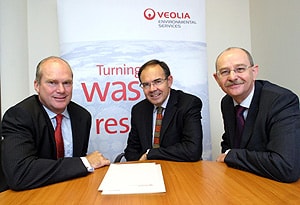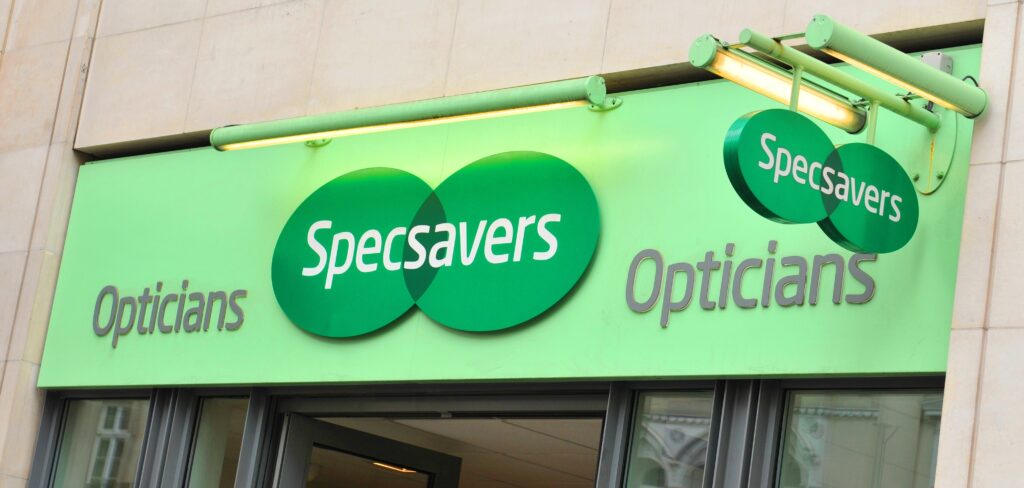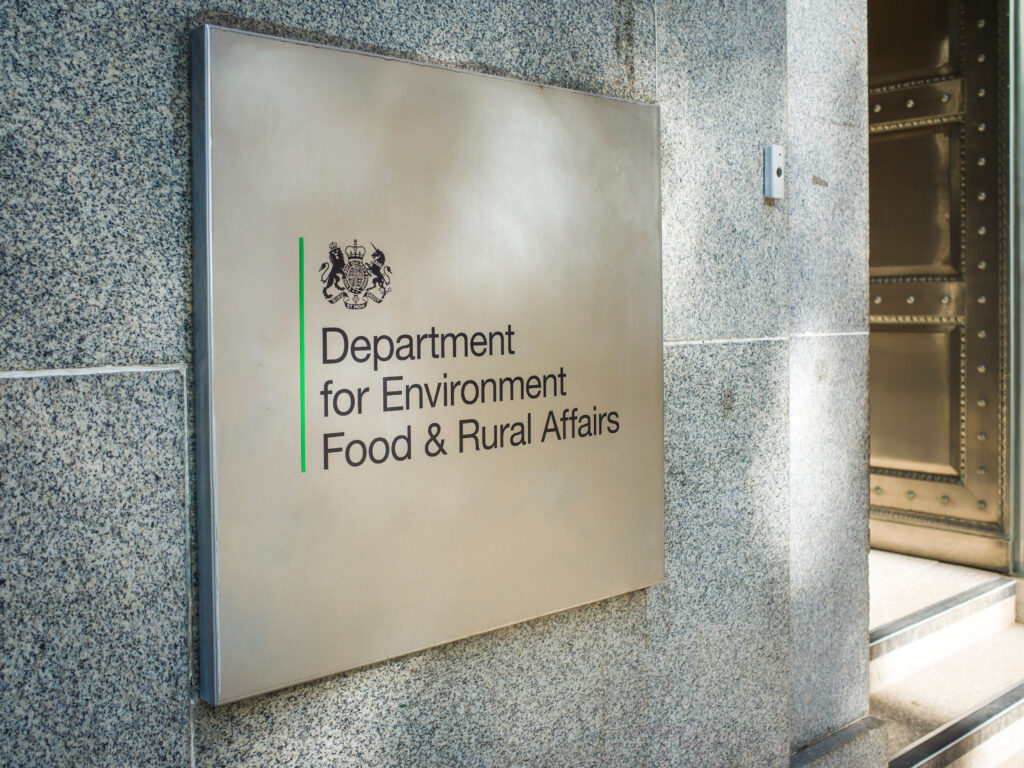The £589 million acquisition was finalised late yesterday, giving the enlarged Veolia an estimated 1.1 billion turnover and the number one spot in the UK waste market.

The deal, cleared by competition authorities last week (see letsrecycle.com story), takes a company boasting 73 local authority contracts out of the hands of Australian group Brambles.
Veolia, which itself ran 50 council contracts before the acquisition, gains two important materials recycling facilities for its waste management infrastructure – at Greenwich and Rainham – giving 125,000 tonnes of additional sorting capacity for the company each year.
The firm already runs MRFs at Alton and Portsmouth in Hampshire and Sheffield, with a combined 182,000 tonnes of annual sorting capacity.
Commenting on the deal today, Veolia’s chief executive for the UK and Northern Europe, Cyrille du Peloux, said recycling would now be a major push for his company’s 13,000 employees.
He said: “Thanks to the Landfill Tax driver in place, going up every year by 3 per tonne, this kind of treatment is becoming more sustainable.”
Staff
Paul Levett, who was formerly head of Cleanaway in the UK, will take up one of two senior roles within the enlarged Veolia, handling recycling, energy recovery and landfill facilities as well as PFI activities.
Tom Spaul of Veolia will take charge of commercial and industrial activities as well as the municipal services side, which includes refuse collection and street cleansing.
“There will be some redundancies, but these will not be very significant as we are growing quite rapidly”.
– Cyrille du Peloux, Veolia Environmental Services
Mr Levett said he will be looking at the range of MRFs the company operates to see whether glass sorting was an option for the Veolia MRFs in Hampshire. However, he said that “We will have to make sure this is compatible with collection systems.”
Mr Du Peloux suggested that some Cleanaway services currently based at Brentwood will be relocated to Veolia’s head office in London or to other regional offices such as Brownhills.
He said: “There will be some redundancies, but these will not be very significant as we are growing quite rapidly.”
PFI
Mr du Peloux stated real ambition to expand the company’s current portfolio of PFI waste contracts. Although Cleanaway refrained from bids for Private Finance Initiative contracts, Veolia holds contracts in Hampshire, East Sussex, Sheffield, Birmingham, Nottinghamshire and South East London.
The company is also bidding for PFI deals with West Berkshire, Southwark, Shropshire and Wakefield.
“Some people say bidding for PFI takes one or two years and costs a million pounds or two, but we don’t hesitate. We are ready to invest for the future,” Mr du Peloux.
New technologies
But, he revealed a continuing reluctance to embrace technologies like mechanical biological treatment (MBT) as a treatment option, rather than Veolia’s favoured energy recovery approach for residual waste.
Mr du Peloux told letsrecycle.com: “We have absolutely nothing against MBT – if our clients request it, we can offer it. We have experience of it, we have tested MBT all over the world in a very scientific way. But from an environmental standpoint – the emissions and other impacts – and from a holistic view, it doesn’t make sense.
“There are a lot of myths surrounding MBT, and when you compare the gate fee with recycling and composting facilities with energy recovery, MBT is much more expensive. In many cases MBT is not a good answer – not only is it much more expensive, you still need to deal with the residue through landfill or by building energy recovery facilities,” Mr du Peloux said.
Autoclave
Cleanaway is currently developing an autoclave plant to deal with waste from the London borough of Tower Hamlets, but Mr du Peloux said the autoclave plant was a project Veolia was keen to continue. Autoclaves treat mixed waste with steam to reduce its biodegradability, as well as removing recyclable material.
Mr du Peloux said: “We think that autoclaving will work, we will build the autoclave plant for Tower Hamlets. We are currently visiting autoclaves in Canada and other places, so we know it will work. But even after the autoclave process, we will have to do something with the residue.”











Subscribe for free